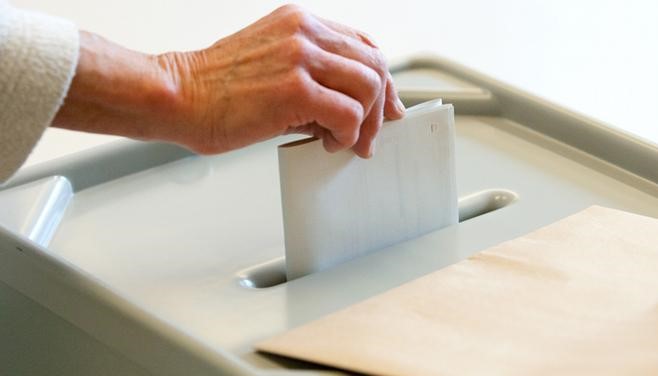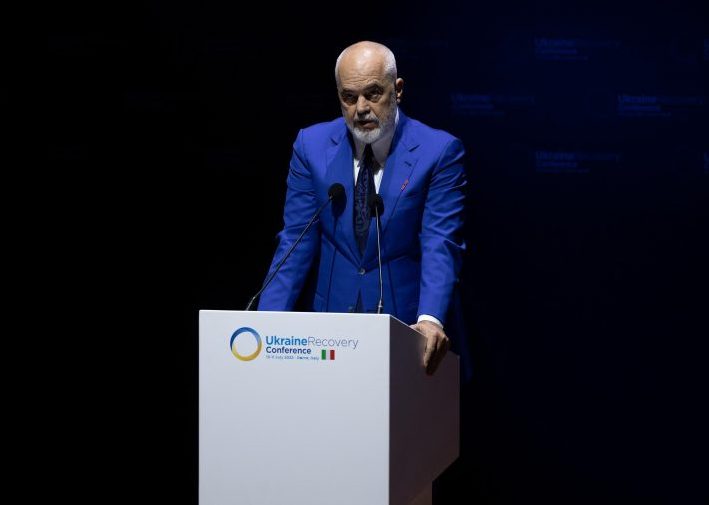In absence of agreement with opposition, Socialist Party unilaterally submits changes to Electoral Code to Parliament paving way for external voting

The Socialist Party has submitted a bill to parliament with its list of proposed amendments to the Electoral Code. Foremost among these are a number of measures that enable external voting, paving the way for Albania’s far-flung Diaspora to participate in the elections.
Why is this relevant
Traditionally, electoral reforms in Albania have been consensual. However, this time it appears that Socialists and Democrats have failed to find common ground. By unilaterally proposing amendments that address the demands of the Diaspora, the Socialists are putting the Democrats in a difficult position in the eyes of the public.
Context
Amendments to the Electoral Code need to be passed at least 6 months before election day to give the electoral administration sufficient time to prepare for their implementation. Since general elections by law must be held between April 15 and May 15, 2025, any changes to the electoral law must pass before the conclusion of the current parliamentary session at the end of July.
Given the numbers in Parliament, there is little chance of the Socialists’ proposals being approved. Amendments to the Electoral Code require 84 votes. Currently, the Socialist Party commands only 78 votes in parliament.
Seen in this light, the Socialists’ move appears designed to increase pressure on the Democrats to come to an agreement. There is time to do so until the July 24th session of Parliament when a vote on the proposals is expected to be held.
Thus far, the Democrats have persisted in their demand for the reinstatement of pre-election coalitions, which were cancelled in the consensual constitutional amendments of 2020—a request deemed unacceptable by the Socialist Party. However, Democrats are facing increased pressure for their stance even from their own allies, who demand greater transparency in negotiations and the adoption of a unified stance on Electoral Code changes. By rejecting the proposals submitted by the Socialists, Democrats would be assuming responsibility for the failure to adopt external voting for the 2025 elections, thus alienating the Albanian Diaspora and appearing to prioritize their own narrow party agenda over the Diaspora’s right to vote.
The proposals
The Socialist Party has put forward specific proposals regarding external voting. Thus, according to their proposals:
- Emigrants wishing to exercise their right to vote in the next parliamentary elections must register on the overseas electoral list.
- The overseas electoral list is a unified national list comprising Albanian citizens registered in the National Civil Registry who have expressed their intention to vote from outside Albania.
- The registration of overseas voters is managed by the Central Election Commission (CEC). The process of compiling the overseas voter list begins 100 days before election day and concludes 50 days prior to that date. Once finalized, the overseas voter list cannot be altered under any circumstances.
- The CEC publishes the overseas voter list 50 days before election day.
- Albanian citizens registered on the overseas voter list are deregistered from the domestic voter list after completing the registration process.
- Voting from abroad begins on the day the CEC initiates the voting documentation sending process to the address of the external voter. It concludes on election day at the specified time for closing voting centers within Albania, and only ballots received by this deadline at the CEC address will be accepted.
- The CEC sends voting ballots and any other election-related material to the declared residence address of emigrant voters according to the overseas voter list.
- Completed and sealed voting ballots are sent to the official address of the CEC via postal service at the voter’s expense.
- Overseas voting ballots are counted and assessed at the CEC premises. They are categorized by the electoral zone of the voter’s last domestic residence before leaving Albania. The counting and assessment process is conducted by the CEC administration and documented in the respective electoral zone results table.


